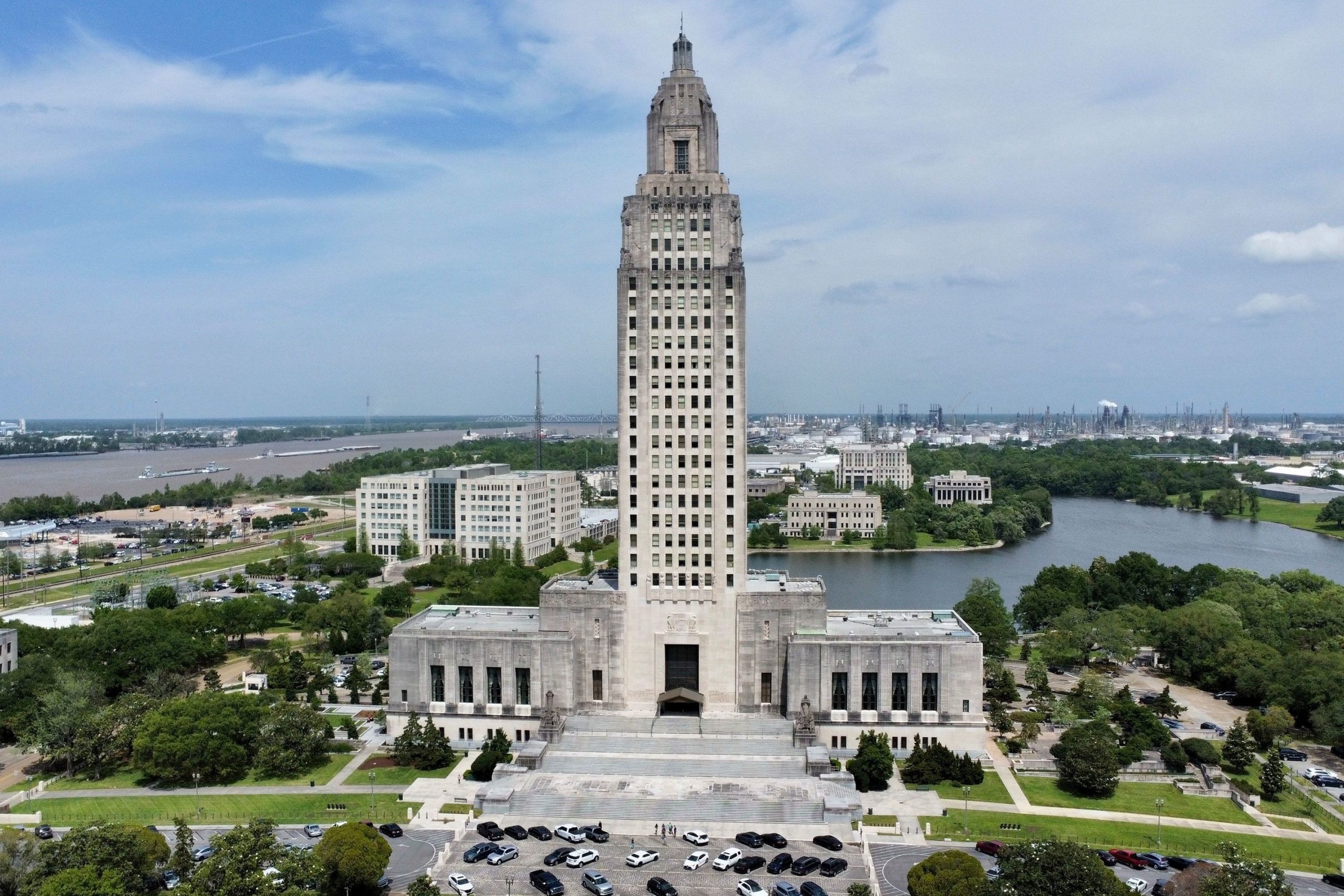Nearly two years after a federal judge declared Louisiana’s congressional map detrimental to Black voting power, Black voters face the prospect of voting again under a plan that likely violates the Voting Rights Act.
Responding to the initial ruling, the state’s Republican legislature added a second majority-African American district to the congressional plan. However, a different federal court has now deemed this addition unconstitutional.
The recent ruling, delivered by two judges appointed by former President Donald Trump, has left the state without a congressional map just six months before the election. Critics on the left view this clash as potential ammunition for opponents of the Voting Rights Act.

Black residents in Louisiana celebrated a major triumph
The legal battle could impact which party controls the US House next year, as the second majority-Black district would likely vote Democratic.
Some Louisiana officials find themselves in a difficult position, torn between the demands of the Voting Rights Act and constitutional limits on considering race in redistricting.
The Louisiana federal court held a hearing to determine the next steps. Louisiana Attorney General Liz Murrill argued for the implementation of the legislature’s map or a return to the 2022 map with a single majority-Black district.
Black voters defending the second majority-Black district intend to seek emergency intervention from the Supreme Court.
This turmoil highlights a broader trend of courts striking down redistricting plans as discriminatory, only for the plans to remain in place due to procedural delays. How the Supreme Court handles this dispute will indicate its tolerance for legal maneuvers prolonging redistricting disputes.

Black Voters Secure Remarkable Win in Louisiana
The current conflict revolves around a group of non-African American voters who claimed injury from the new map, alleging racial stigmatization. The court majority sided with them, emphasizing traditional redistricting principles.
Supporters of the map argue that political decisions, not just race, influenced state lawmakers. They aimed to protect incumbents, including top Republicans in the US House.
The ongoing court fight demonstrates how procedural maneuvers can undermine the Voting Rights Act. Forum-shopping and rejection of alternative proposals have prolonged the dispute, causing uncertainty for candidates and voters alike.























